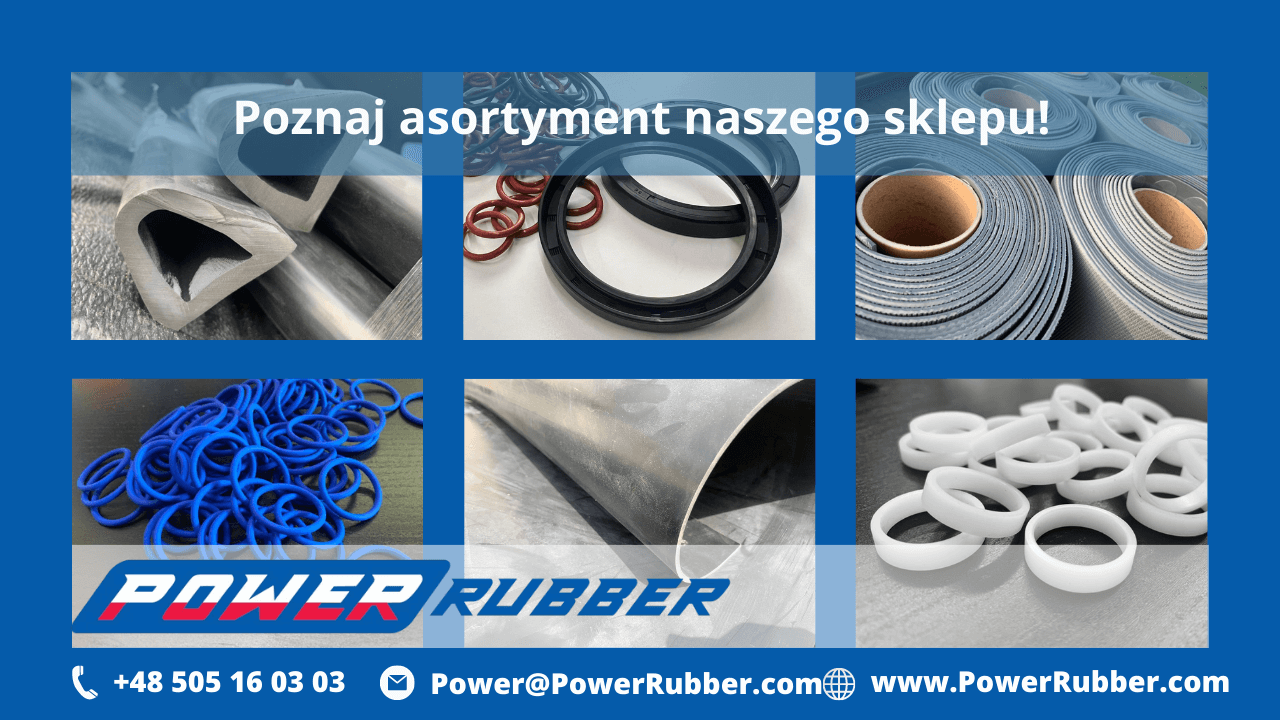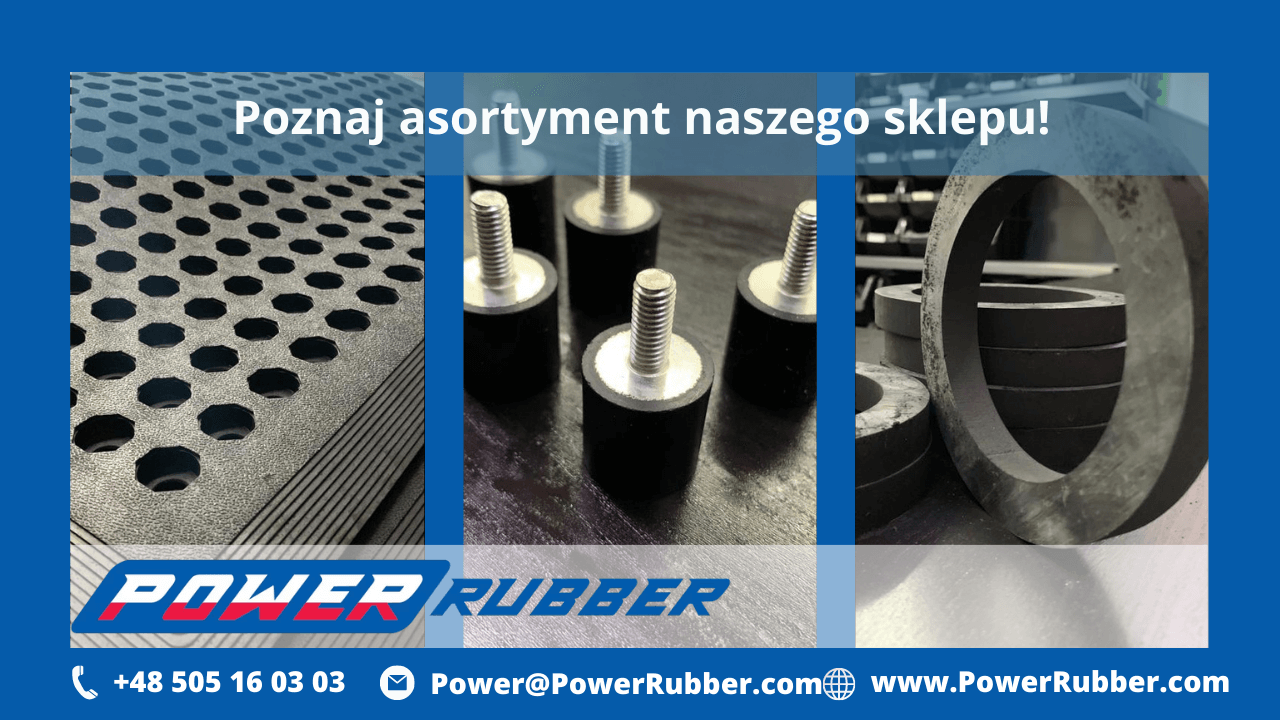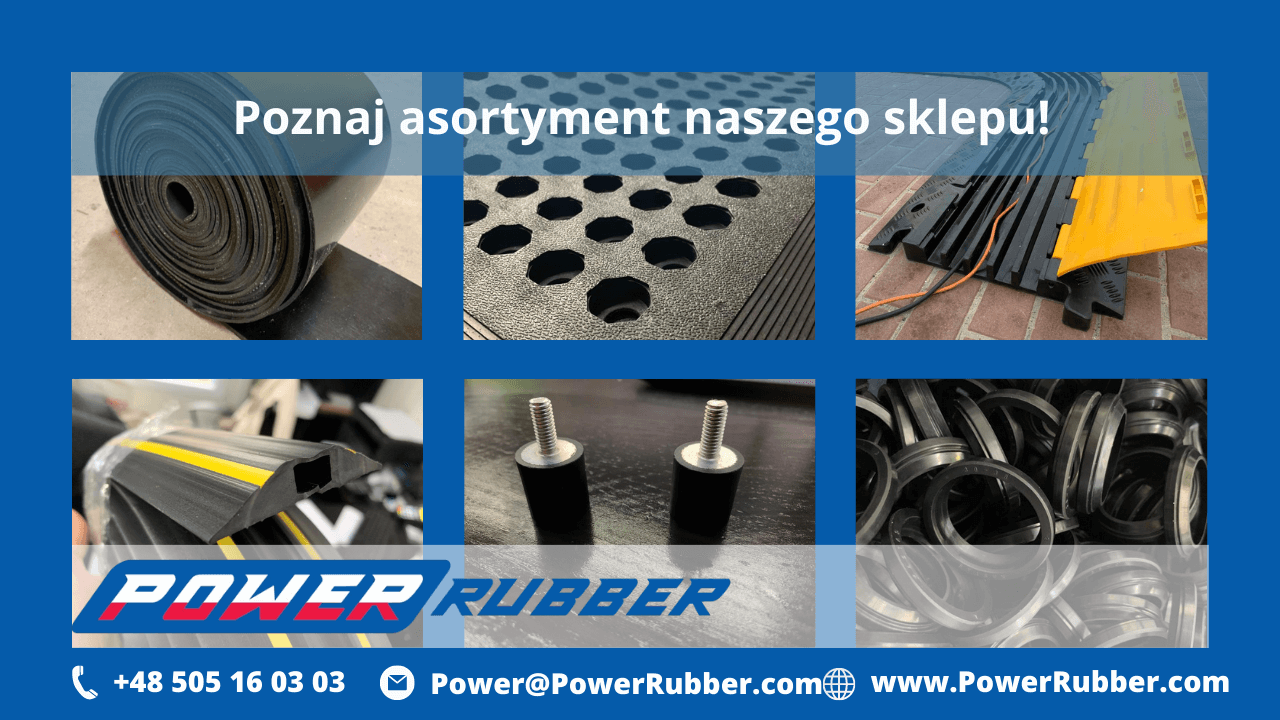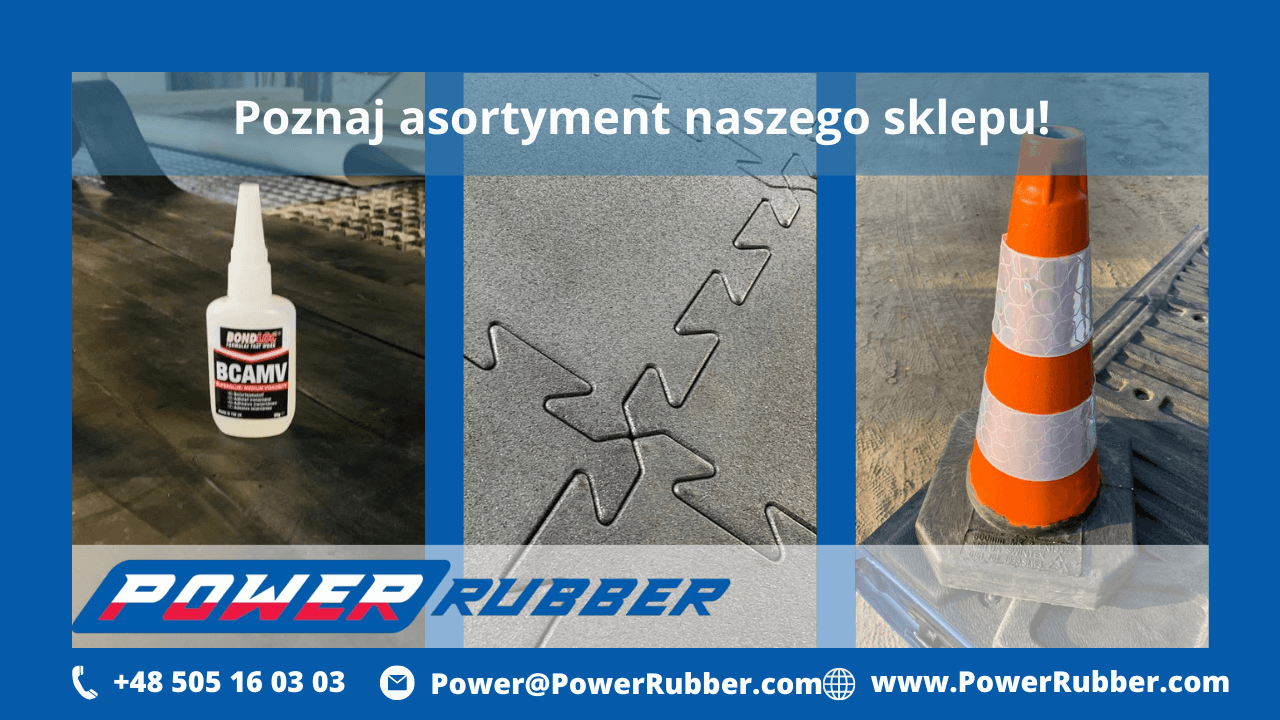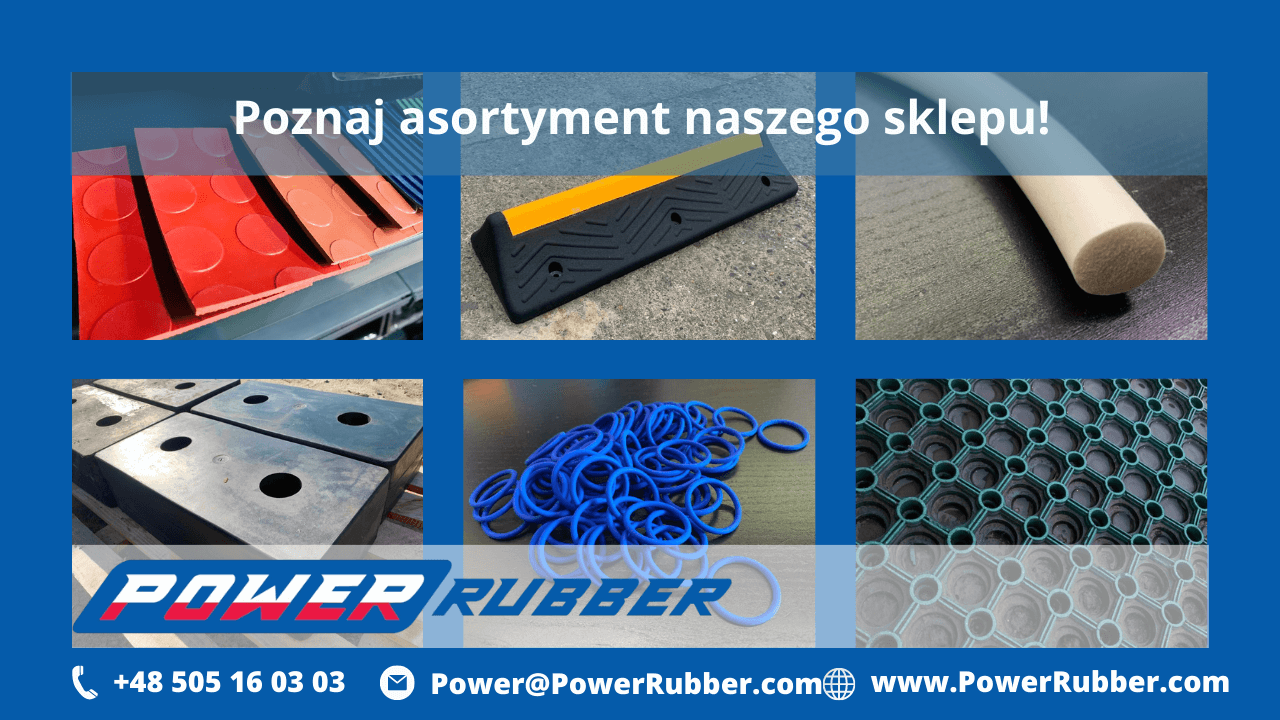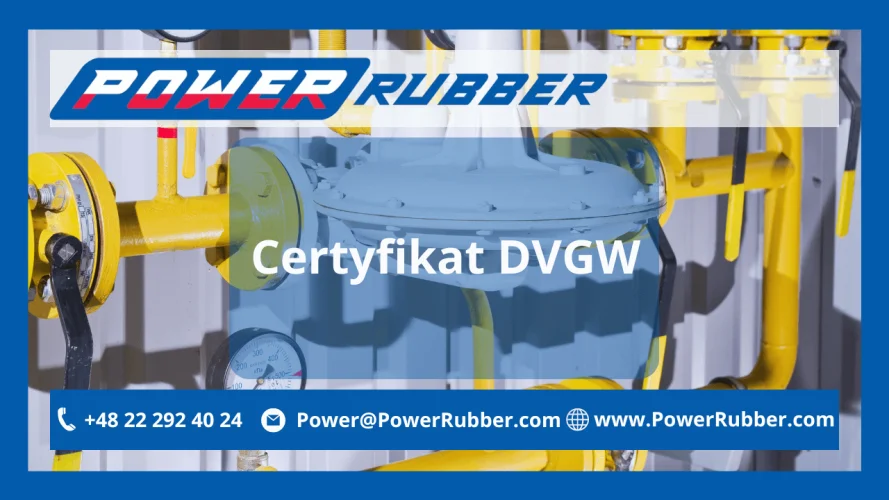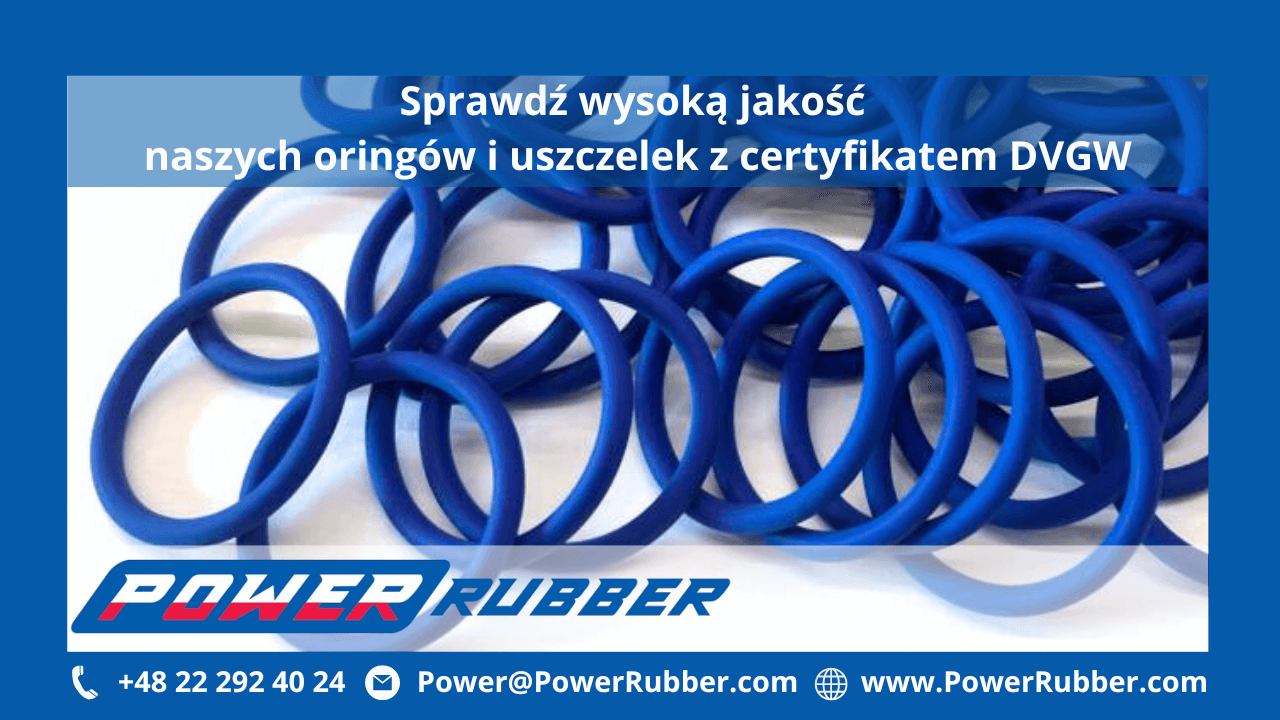DVGW Certificate
The DVGW (Deutscher Verein des Gas- und Wasserfaches – German Technical and Scientific Association for Gas and Water) has been setting standards for over 150 years. Its core mission is to develop technical regulations related to the safety and quality of gas and drinking water supply systems.
What Is the DVGW Certificate?
The DVGW certificate is an official document that confirms that materials, components, and products used in gas and water systems have passed stringent tests and comply with German DVGW standards. These evaluations promote high safety and hygiene standards while ensuring environmental protection and consumer health. Testing is conducted by accredited laboratories following DVGW guidelines. Notably, DVGW regulations and DIN standards form the basis for all technical procedures and scientific practices in water and gas distribution across Germany.
Products certified by the DVGW meet recognised quality standards. The certification also confirms that materials and components used in the products guarantee a high level of safety, hygiene, and performance.
This proven certification system ensures tested quality and technical reliability. All DVGW-certified products comply with the required performance and technical standards.
DVGW Mark
The certification process consists of a pre-certification stage (including an initial factory inspection and mechanical product testing) and a main certification phase (including supervisory inspections according to DVGW criteria). A manufacturer awarded the DVGW mark meets strict standards of safety, quality, and sanitary requirements.
DVGW W534 Standard
The DVGW W534 standard applies to pipes and fittings in drinking water installations. It specifically refers to seals used in press fitting systems that come into contact with hot drinking water. It aligns with the KTW and EN 681-1 requirements, ensuring materials are safe for potable water use.
Meeting the full requirements of this standard guarantees the end user that the supplied water maintains top-tier quality. Approved materials used in drinking water systems under this standard comply with the strictest hygiene and safety regulations, including those used in heating systems.
DVGW W270 Standard
Materials used in the drinking water sector must ensure microbiological safety. They should not contribute to contamination or microbial growth. The DVGW W270 standard outlines the methods, test procedures, and analytical parameters for assessing the migration of chemical substances and microbial growth.
All plastics and rubber materials intended for contact with potable water must pass rigorous testing under DVGW W270. These tests focus on bacterial growth within materials exposed to drinking water, ensuring public health protection.
This certification is essential for manufacturers, suppliers, and distributors of non-metallic materials, products, and devices used in water systems.
DVGW O-Rings and Seals
Explore DVGW-Approved Seals and O-Rings from Power Rubber
At Power Rubber, we supply DVGW-certified seals and O-rings that meet all certification requirements for the gas and water sectors. Our products have been positively evaluated by independent laboratories that specialise in testing products for industrial gas and water use.
We manufacture our seals and O-rings from premium rubber compounds to ensure the highest quality. The DVGW approval guarantees that our products meet the strictest standards for safety, hygiene, and environmental protection.
As a reminder, DVGW is Europe’s leading certification body in the water and gas industry. Products bearing the DVGW mark have passed every necessary testing and certification procedure required in the sector.
Contact
For further inquiries, feel free to contact us:
Phone: +48 22 292 40 24 or +48 505 16 03 03
Email: Power@PowerRubber.com
Or via our contact form
